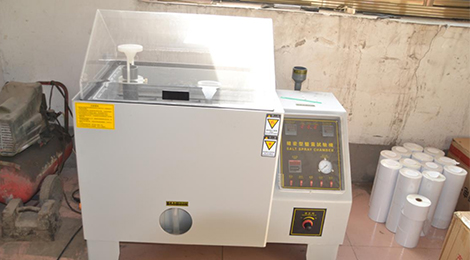flat nuts
Oct . 06, 2024 15:19 Back to list
flat nuts
The Versatile World of Flat Nuts
Flat nuts, an often-overlooked component in the realm of hardware, play a pivotal role in various industries, from construction to automotive manufacturing. These simple, yet essential, fasteners are designed to provide stability, distribute load, and ensure proper fastening. Although they may seem insignificant at first glance, flat nuts carry a wealth of benefits that are crucial in maintaining the integrity of numerous applications.
A flat nut is a type of nut that features a flat base, typically with a cylindrical shape. Its design allows it to be used easily with different types of bolts and screws, making it a versatile choice for engineers and builders alike. Flat nuts are manufactured in various sizes, materials, and specifications, catering to a broad spectrum of applications. Common materials used in the production of flat nuts include stainless steel, aluminum, and nylon, each offering specific advantages such as corrosion resistance, lightweight properties, and flexibility.
One of the significant advantages of flat nuts is their ability to distribute loads evenly
. When a bolt is tightened, it exerts pressure on the flat nut, which in turn disperses that force across a larger surface area. This distribution minimizes the risk of deformation or damage to the materials being secured. In scenarios requiring multiple fasteners, flat nuts can significantly reduce the likelihood of failure due to uneven load distribution, making them invaluable in heavy-duty applications such as bridges, buildings, and machinery.flat nuts

Furthermore, flat nuts are crucial in preventing loosening of connections due to vibrations. In environments where heavy machinery operates or vehicles travel at high speeds, the constant movement can cause traditional fasteners to loosen over time. Flat nuts, particularly when combined with locking washers or other locking mechanisms, help maintain a secure connection, ensuring safety and reliability.
Installation of flat nuts is generally straightforward. Technicians and DIY enthusiasts can easily affix them to their projects, often using just a wrench or pliers. Their simplistic design makes them ideal for both skilled tradespeople and novices tackling home improvement projects. The availability of various sizes also means that there is a flat nut suitable for nearly every need.
In conclusion, flat nuts are more than just a supporting component; they are a critical element in ensuring structural integrity, safety, and efficiency across multiple sectors. Their ability to distribute loads effectively, resist loosening from vibrations, and easy installation make them an essential hardware choice. As industries continue to evolve and innovate, the role of flat nuts will undoubtedly remain significant in the quest for durability and reliability in manufacturing and construction. Whether you are building a high-rise or repairing a vehicle, the humble flat nut is sure to play its part—quietly supporting what truly matters.
Latest news
-
High-Quality Panel Stud Bolt Reliable Panel Stud Bolt Factory & Suppliers
NewsJul.08,2025
-
High-Precision Fine Thread Locknuts Manufacturer & Supplier Custom Solutions
NewsJul.08,2025
-
PH Imperial Stud Bolt – High Strength Fasteners from Leading Supplier & Factory
NewsJul.07,2025
-
High-Quality Allen Wrench Bolts Leading Factory, Company & Suppliers
NewsJul.07,2025
-
Wholesale Ball Stud Bolt - High Quality Supplier & Factory Price Reliable Wholesale Ball Stud Bolt Company
NewsJul.06,2025
-
High-Strength Alloy Bolts Manufacturer & Supplier Quality Alloy Fasteners Factory
NewsJul.06,2025
